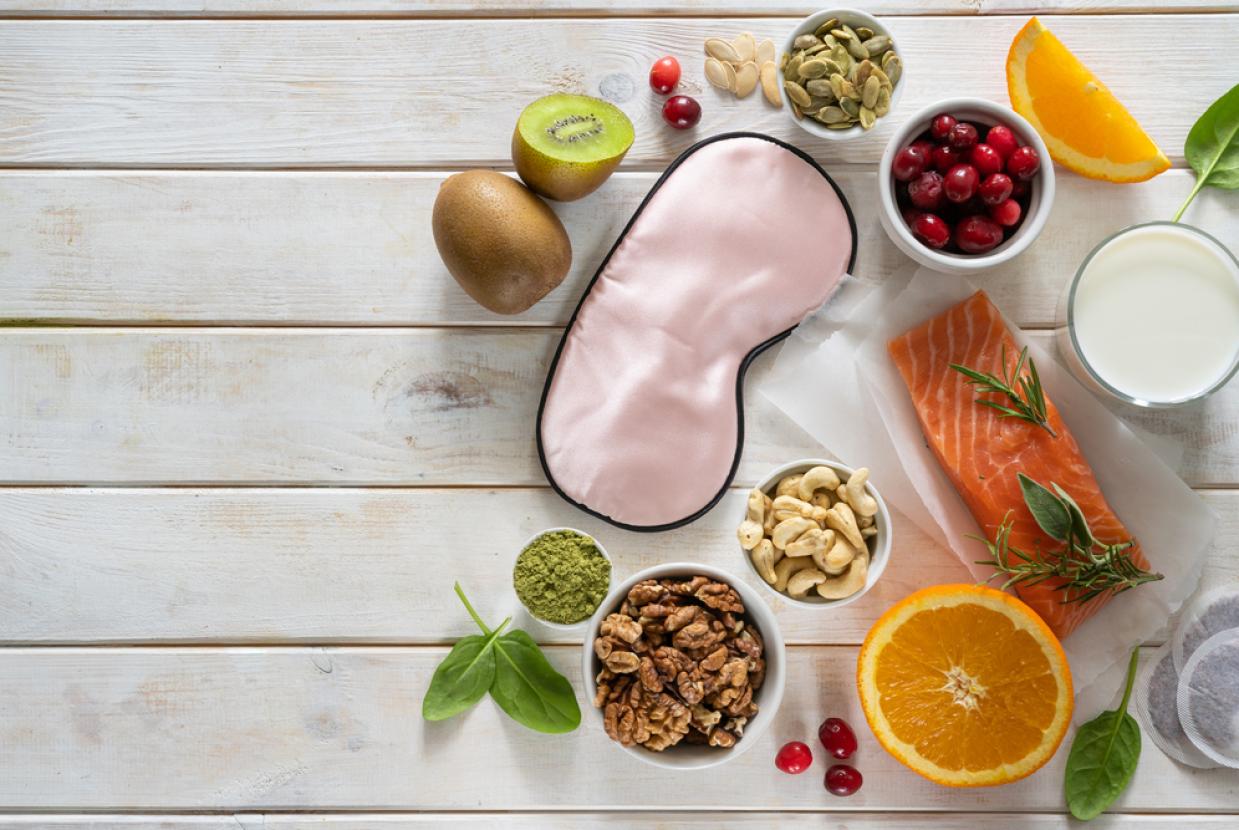Boosting Immunity During Cold & Flu Season With Sleep
Sleeping BetterAs the wild winds of winter have well and truly blown in the cold and flu season, prioritising our health and well-being is essential. While hygiene practices and vaccinations play an important role in preventing illnesses, one often overlooked aspect of boosting our immune system is the quality and quantity of sleep we get. But why is sleep during cold and flu season so important?
The Link Between Sleep and Immunity
Sleep is a fundamental biological process that plays a crucial role in maintaining overall health. A well-rested body is better equipped to defend itself against infections, including the common cold and flu viruses. During sleep, the immune system releases proteins known as cytokines, some of which help promote sleep and others that play a vital role in fighting off infections and inflammation. Lack of sleep can disrupt this delicate balance and weaken the immune response, making the body more susceptible to illnesses.
Quality Over Quantity
While the recommended amount of sleep for adults is generally 7-9 hours per night, the quality of sleep is just as important (if not more!) as the duration. Deep, restorative sleep allows the body to undergo essential processes that repair and rejuvenate various systems, including the immune system. Establishing a consistent sleep routine, creating a comfortable sleep environment, and managing stress are key factors in ensuring a good night’s sleep.
The Impact of Sleep Deprivation
Chronic sleep deprivation has been linked to numerous health issues, including a compromised immune system. When the body does not get enough rest, the production of immune cells and antibodies decreases, making it more challenging to fend off infections. Additionally, the inflammatory response may become heightened, contributing to an increased risk of illness. It’s crucial to recognise the signs of sleep deprivation and take steps to prioritise adequate rest, especially during the cold and flu season.
Tips for Better Sleep During Cold and Flu Season
- Maintain a Consistent Sleep Schedule: Go to bed and wake up at the same time every day, even on weekends, to regulate your body’s internal clock.
- Create a Comfortable Sleep Environment: Ensure your bedroom is conducive to sleep by keeping it cool, dark, and quiet. Invest in a comfortable mattress and pillows.
- Limit Screen Time Before Bed: The blue light emitted by electronic devices can interfere with the production of melatonin, a hormone that regulates sleep. Turn off screens at least an hour before bedtime.
- Practice Relaxation Techniques: Incorporate calming activities into your bedtime routine, such as reading a book, taking a warm bath, or practicing mindfulness meditation to reduce stress and promote relaxation.
- Limit Caffeine and Alcohol Intake: Both caffeine and alcohol can disrupt sleep patterns. Limit their consumption, especially in the hours leading up to bedtime.
- Take to Your Bed: If you are under the weather, you may find yourself feeling more tired, so make sure you take the rest you need whether that’s going to bed earlier, or napping during the day.
In addition to maintaining a consistent sleep schedule and creating a conducive sleep environment, the role of nutrition should not be overlooked when aiming for quality rest, especially during cold and flu season. Certain vitamins and minerals found in various foods play a significant role in promoting sleep and supporting overall health. Incorporating these nutrients into your diet can be a tasty and effective way to boost your sleep quality.
- Magnesium: Magnesium is a mineral that plays a crucial role in the regulation of the sleep-wake cycle. Foods rich in magnesium, such as leafy green vegetables (spinach, kale), nuts and seeds (almonds, pumpkin seeds), and whole grains, can contribute to better sleep by promoting relaxation and reducing stress.
- Vitamin B6: Vitamin B6 is essential for the production of melatonin, a hormone that regulates sleep. Incorporate foods like bananas, avocados, poultry, and fish into your diet to ensure an adequate intake of vitamin B6, helping your body produce the necessary chemicals for a restful night’s sleep.
- Tryptophan: Tryptophan is an amino acid that serves as a precursor to serotonin and melatonin, both of which play vital roles in sleep regulation. Foods like turkey, chicken, dairy products, nuts, and seeds are rich in tryptophan and can contribute to the promotion of a sense of calm and relaxation.
- Vitamin D: Vitamin D is known as the sunshine vitamin and is essential for overall health, including sleep. Fatty fish (salmon, mackerel), fortified dairy products, and egg yolks are excellent sources of vitamin D. Adequate levels of vitamin D have been associated with better sleep quality.
- Calcium: Calcium is another mineral that can aid in sleep regulation by helping the brain use the tryptophan to manufacture melatonin. Dairy products, leafy green vegetables, and fortified plant-based milk are good sources of calcium.
- Melatonin-Rich Foods: Certain foods naturally contain melatonin, the hormone responsible for regulating the sleep-wake cycle. Cherries, particularly tart cherries, have been found to be a natural source of melatonin. Incorporating them into your diet or consuming tart cherry juice may have a positive impact on sleep.
While maintaining proper sleep hygiene remains a cornerstone in achieving restful nights, integrating nutrient-rich foods into your diet can complement these efforts. By focusing on foods rich in magnesium, vitamin B6, tryptophan, vitamin D, and calcium, you not only support your overall health but also provide your body with the necessary building blocks for a more peaceful and rejuvenating sleep. As you navigate the challenges of cold and flu season, let the combination of good sleep practices and a nutritious diet fortify your immune system and contribute to your well-being. Sweet dreams await those who prioritise both the quantity and quality of their sleep.
Click here to view our Sleeping Better content.














































